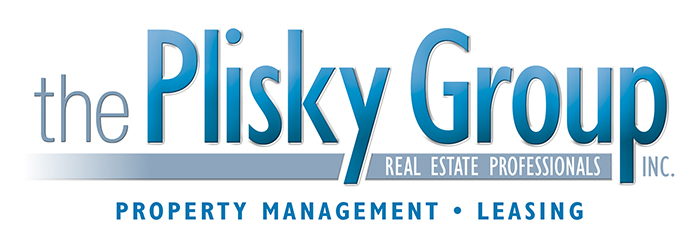
Please be sure to look under the Apply Now tab for more available properties that may not be in the MLS or shown here.
Buyer and Seller Costs... Who Pays What?
Many items will be prorated and sellers and buyers will see credits and debits which are due to these prorations. Prorations will be calculated according to the actual closing date, not the contract close of escrow date. It is important for clients to know that while everyone involved strives to meet the target closing date, escrow do get extended and do close late at times.
The Seller Generally Pays:
- Real estate commission
- Document preparation fee for deed
- Documentary transfer tax
- Any city transfer/conveyance tax (according to contract)
- Payoff of all loans in seller's name (or existing loan balance if being assumed by buyer
- Interest accrued to lender being paid off, statement fees, reconveyance fees and any preparation penalties
- Pest inspection (according to contract)
- Pest corrections (according to contract)
- Any judgments, tax liens, etc., against the seller
- Tax proration for any taxes unpaid at time of transfer of title
- Any unpaid homeowner's insurance
- Recording charges to clear all documents of record against seller
- Any bonds or assessments (according to contract)
- Any and all delinquent taxes
- Notary fees and Escrow Fees
- Title insurance premium
- HOA doc package (if any)
The Buyer Generally Pays:
- Title insurance premium
- Escrow fee
- Document preparation (if applicable)
- Notary fees
- Recording charges for all documents in buyer's name
- Pest inspection/corrections (according to contract)
- Tax proration (from date of acquisition)
- Homeowner's transfer fee
- All new loan charges (except those required by lender for seller to pay if applicable)
- Lender condo certification (if required)
- Per diemInterest on new loan from date of funding
- Assumption/charge of records fees for takeover of existing loan
- Inspection fees (roofing, property inspection, geological, etc.)
- Home warranty (according to contract)
- City transfer/conveyance tax (according to contract)
- Fire insurance premium for first year (paid through escrow)
- Impound account cushion (if any)
The distinction between personal and real property can be the source of difficulties in a real estate transaction. A purchase contract is normally written to include all real property; that is, all aspects of the property that are fastened down or an integral part of the structure. For example, this would not include potted plants, free-standing refrigerators, washer/dryers, microwaves, bookcases, swag lamps, etc. If there is any uncertainty whether an item is included in the sale or not, it is best to be sure that the particular item is mentioned in the purchase agreement as being included or excluded.
